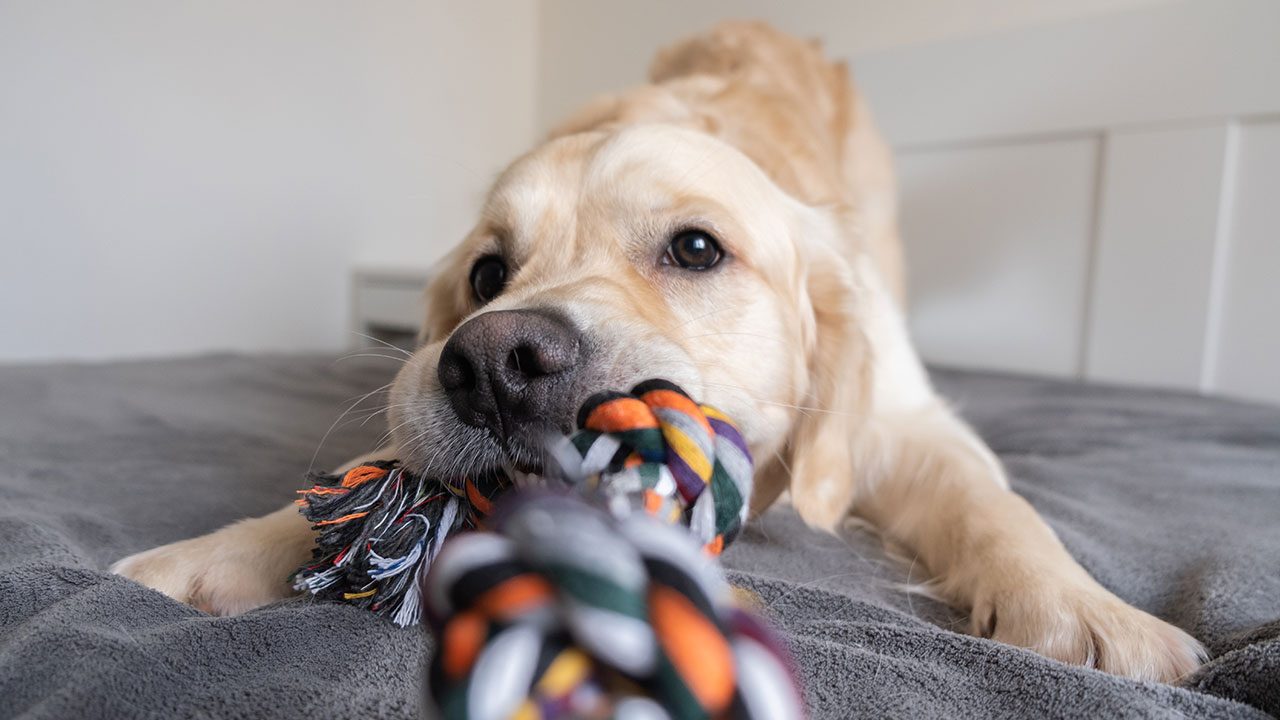Cats are curious creatures. Their instinctual and playful nature may be fine outside, but indoors they have the potential to get into lots of trouble. When it comes to cat-proofing your home, the golden rule is: think like a cat. Knowing where they like to play and hide can keep them out of harm’s way. Here’s a quick guide to help you keep your cat safe.

BATHROOM
Many items found in your bathroom are toxic to cats. Medication, cleaning products, and toiletries should always be out of reach. Toilet seats should always be down. Cats love climbing, and the last thing you need is your kitten falling in the toilet. If your cat learns how to open doors (which many do), you may want to consider putting a child lock on any doors they should not open.
LAUNDRY
Always check the washer and dryer before turning them on. Cats love to sleep in warm places, like inside or on top of these machines. As with bathroom products, always keep laundry detergents, bleach, and other chemicals out of reach from your cat.
WINDOWS
Blinds, curtains and dangling cords are potential hazards. Be sure to secure dangling cords to help your cat avoid trouble. If your cat stays indoors, you may want to ensure that all windows and screens are properly secured so your cat cannot escape.

TRASH CANS & CONTAINERS
Having a sturdy lid on the trash is important, as is keeping small wastebaskets out of your cat’s reach. A curious cat can knock over a garbage can filled with sharp items like chicken bones and tin cans, all of which can cause great harm. A secure lid will prevent your cat from accessing anything dangerous.
FURNITURE
Cats love squeezing into tight, enclosed spaces and they can easily get stuck in furniture, sofa beds, and drawers. Beware of reclining chairs as cats often like to nest in warm, dark places. Whenever opening or closing a reclining chair, check to make sure your cat is not underneath or inside of it.
ELECTRICAL CORDS AND OUTLETS
Cats are easily distracted by things like yarn and strings, so electrical cables pose a considerable risk. Not only can your cat get tangled up in the cables, but electrical wires can also shock your cat if they tug or pull at one. Licking an electrical socket could result in an electric shock. Think about investing in plug socket covers to help keep your cat away from this potential danger.
Being a cat owner isn’t always easy. These cute fur balls can undoubtedly be a handful, especially when left home alone. Luckily, cat-proofing your home isn’t very difficult. By following these simple steps, you can help keep your cat safe.
Looking for a Vet?
Your veterinarian plays a big role in your pet’s health. Input your location information and get a list of veterinarians near you.
Find A Vet Near Me





 Go To United States
Go To United States Austria
Austria Belgium
Belgium Czech Republic
Czech Republic Denmark
Denmark Europe
Europe Finland
Finland France
France Germany
Germany Greece
Greece Hungary
Hungary Ireland
Ireland Israel
Israel Italy
Italy Netherlands
Netherlands Norway
Norway Poland
Poland Portugal
Portugal Romania
Romania Saudi Arabia
Saudi Arabia Slovakia
Slovakia Spain
Spain Sweden
Sweden Switzerland
Switzerland Turkey
Turkey United Kingdom
United Kingdom